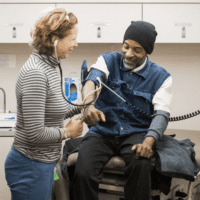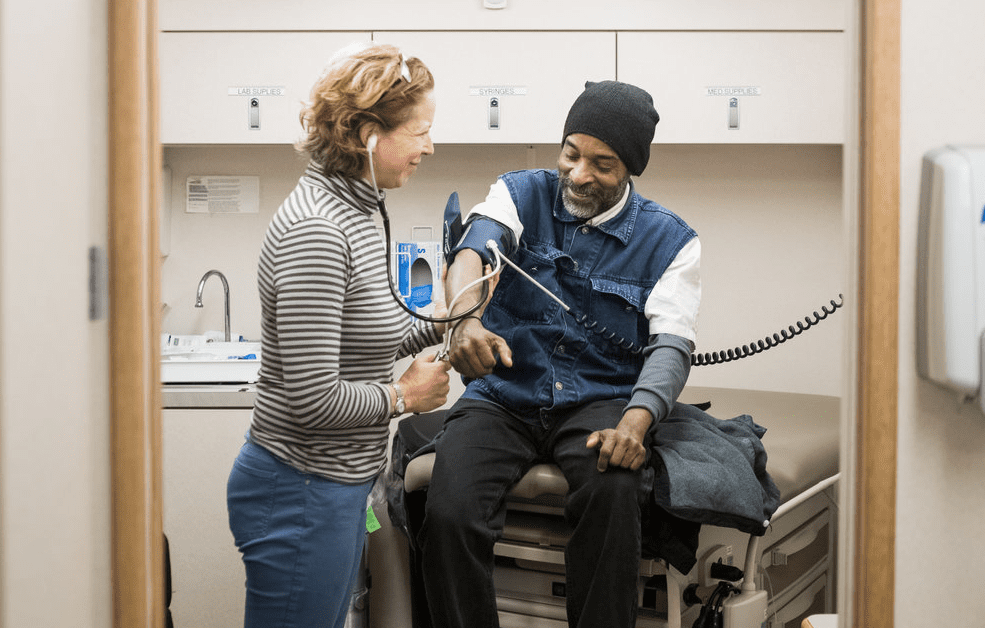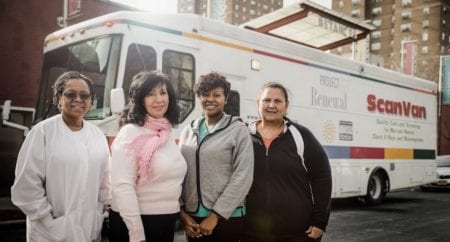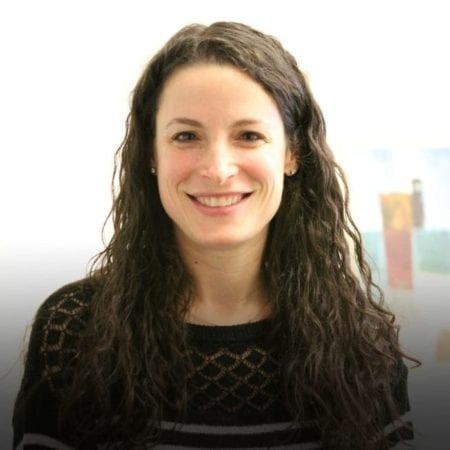Project Renewal: Serving the Homeless


New York City has over 60,000 homeless residents — most of whom are unable to access critical services, including health care. Homeless individuals’ first interaction with the health system is usually in the emergency room, often due to minor conditions that have deteriorated through lack of treatment.
PCDC’s partnership with Project Renewal is helping offset these challenges, strengthening Patient-Centered Medical Home (PCMH) care delivery at their programs across the city.

Founded in 1967, Project Renewal works to end the cycle of homelessness by empowering 16,000 individuals and families through health services, housing options, and job training and placement. The organization brings all aspects of health care — addiction counseling to optometry, mammograms to dental care — to those in need.
“Housing status should not determine who receives primary care,” said Deborah Johnson Ingram, Senior Director of PCDC’s Performance Improvement team.
In 2016, Johnson Ingram guided Project Renewal to attain National Committee for Quality Assurance (NCQA) PCMH Level 3 recognition, the highest available at the time.
The experience differed from past PCMH client experiences, she said.
“Rather than starting from nothing, Project Renewal was already operating above and beyond the definition of patient-centered care — their entire system is structured around the client’s individual needs,” according to Johnson Ingram.
What Project Renewal lacked was the technical vocabulary to interpret their work in a way that aligned with the NCQA standards. Without this major prerequisite, the odds of attaining PCMH recognition were very low.
After identifying the impasse, Johnson Ingram — whose team has led more than 475 practices to achieve PCMH recognition — stepped in to “translate” for Project Renewal. The resulting service descriptions, adapted to NCQA’s “language,” helped secure PCMH recognition for the organization.

“Project Renewal taught me more than I taught them,” says Johnson Ingram. “It was my honor and pleasure to help them maximize the resources they already had available, but at the same time it was humbling and exciting to expand my knowledge of what patient-centered care can look like and how it can be delivered.”
For example, one requirement of PCMH recognition is follow-up reminders for pending or overdue services and alternative care access options in lieu of office visits — both a challenge when dealing with homeless populations. Instead Project Renewal distributes reminder letters to clients residing in their shelters, as well as email and phone reminders when appropriate. They are also mobile, bringing visit access directly to clients, who tend to stay congregated in the same neighborhoods. Each week, staff visit up to 18 sites across the city, providing primary care, behavioral health, and addiction services from a fully equipped medical van.
Johnson Ingram was able to help Project Renewal describe these existing services in a way that satisfied the PCMH requirements, even though at first glance the unorthodox delivery may not appear to meet NCQA’s stringent criteria.

Another PCMH requirement entails integrating behavioral health into primary care environments, something Project Renewal had already been doing for years. Currently a mental health specialist is present at every Project Renewal site, including on medical vans — a strength that Johnson Ingram highlighted in the application to NCQA.
Project Renewal’s hand-off between primary care and behavioral health professionals is seamless and immediate — clients often see both in one visit. Clients are then encouraged to enroll in other services as appropriate, such as job training or addiction housing.

“At Project Renewal, we treat homeless individuals as one of the many special populations in health care with unique and complex needs,” said Allison Grolnick, MD, Chief Medical Officer of Project Renewal. “Every service we offer is through the lens of patient-centered care and ensuring our clients have access to the resources they need to overcome their circumstances. Deborah’s background with Federally Qualified Health Centers was integral to helping us understand how our existing programs fit into the PCMH requirements. We are grateful for her guidance and support during this process, and we look forward to working with her again to renew our certification in 2019.”